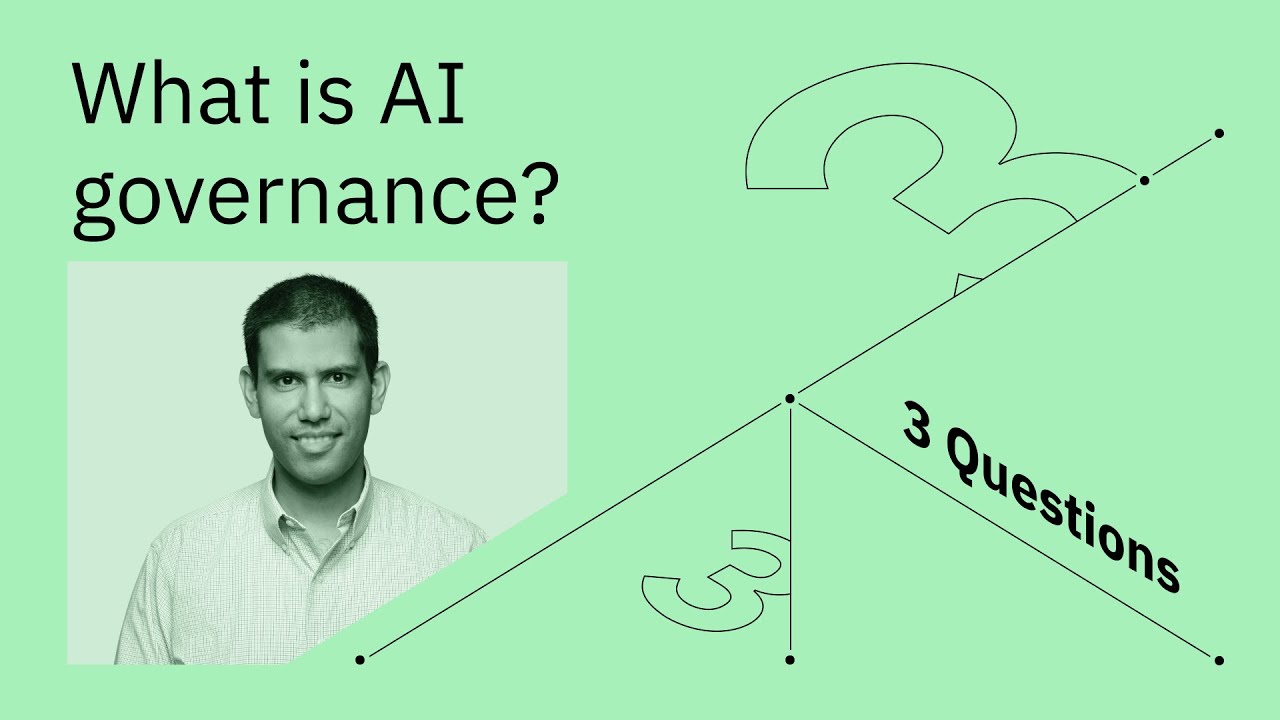
The pivotal role of governments in guaranteeing the safety of Artificial Intelligence (AI) is achieved through the establishment of regulations that encourage ethical and responsible AI development. This includes crafting frameworks for transparency in decision-making algorithms, instituting data protection laws, and setting guidelines to avert discriminatory practices. It’s crucial for governments to find the right equilibrium between nurturing innovation and prioritizing societal safety, ensuring that AI systems are secure, dependable, and beneficial for society as a whole. Active regulation of AI development should be pursued by implementing safety testing procedures, assuring adherence to ethical guidelines, and setting up liability laws for developers accountable for accidents instigated by AI systems.
It’s imperative for global governments to make substantial investments in research, development, and regulation of AI issues to ensure responsible development and utilization of AI technology. The government’s role in regulating AI encompasses promoting ethical standards and making sure that companies are legally accountable for damages from their advanced AI systems. Governments must prioritize transparency, accountability, privacy protection, and safety standards when regulating AI to foster responsible innovation while minimizing risks.
To sum it up, governments ought to take the lead in formulating comprehensive regulations that address ethical considerations, advocate transparency, and strike an equilibrium between fostering innovation and ensuring societal safety during the creation and deployment of AI technology.


